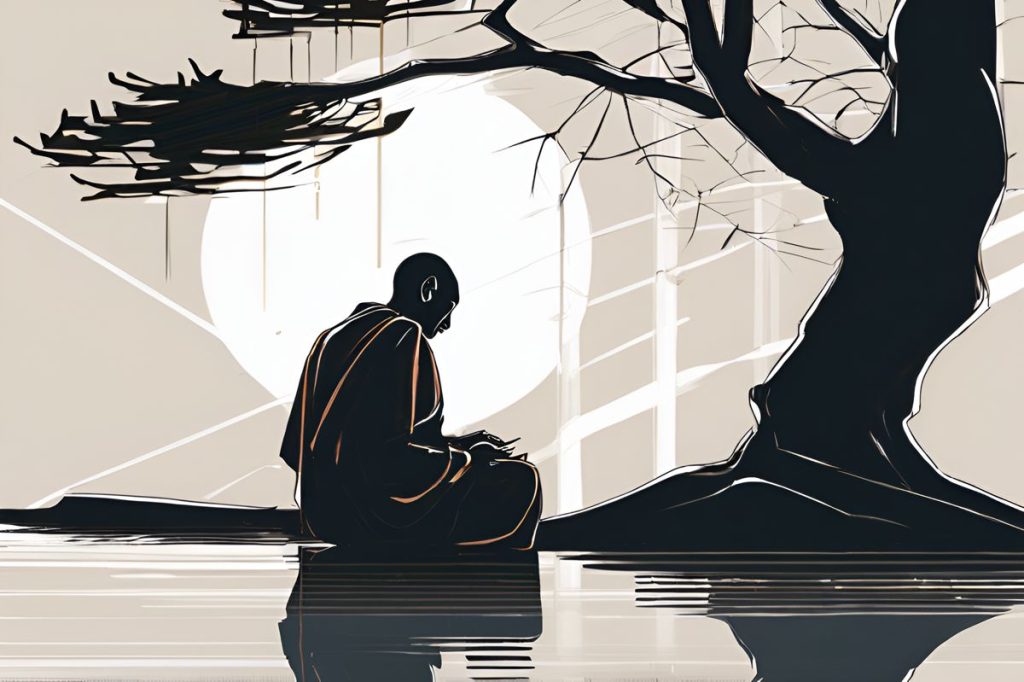Monk reflects Cyprus through his tenacity and eccentricities which parallel societal behaviors on the island, highlighting political narratives, environmental concerns, and personal responsibility. The show’s storytelling offers insights into Cyprus’s identity, governance, and societal challenges, making it a thought-provoking exploration of the complexities of the region.
What does the TV series “Monk” symbolize about Cyprus?
Monk symbolizes Cyprus through Adrian Monk’s characteristics—his tenacity and eccentricities reflect societal behaviors in Cyprus. The series parallels Cyprus’s political narratives with humor and outdated methods, and it raises environmental concerns through Monk’s obsessive cleanliness. The show’s storytelling offers insights into Cyprus’s identity, governance, and societal challenges.
Reflecting on Cultural Parallels
The television series “Monk,” which captured hearts years ago and has had a resurgence of popularity on Netflix, resonates deeply with viewers through the character of Adrian Monk, played by actor Tony Shalhoub. The obsessive-compulsive detective’s quest to solve his wife Trudy’s murder showcases a blend of eccentricity and tenacity that somehow mirrors the societal behaviors and situation in Cyprus.
Monk’s relentless dedication, despite his personal struggles and the adverse impact on his mental health, echoes the steadfastness of individuals in Cyprus. However, there is a mix of endearing and occasionally frustrating traits within this commitment. For instance, Monk’s reluctance to spend money and his treatment of his assistants highlight a paradox that can be seen in the economic actions of Cypriot leadership: hesitance to support the needy while generously benefiting the affluent.
The Art of Storytelling and Governance
The structure and development of “Monk” episodes, with their humor and occasional plot inconsistency, offer a parallel to the political narrative of Cyprus. Much like the show’s writers, Cypriot politicians and their northern peers often stick to outdated scripts that fail to address the evolving needs and concerns of the population. The younger generation, in particular, expresses disenchantment with antiquated tales and methods, feeling trapped by a history that no longer represents their reality.
The charm and idiosyncrasies of Tony Shalhoub’s character allow viewers to forgive and even indulge in Monk’s peculiar habits. Cyprus too possesses such a charm, with qualities that people love despite the frustrations they may encounter. The island’s political figures, however, seem to lack the same bewitching allure that could make their more aggravating habits tolerable and their visionary strategies more accepted.
Environmental Concerns and Personal Responsibility
Monk’s obsessive cleanliness, mirrored by a similar cultural emphasis in Cyprus, raises environmental issues that are all too real. The character’s excessive use of cleaning products, even amidst water scarcity, is an analogy for the environmental disregard shown by some inhabitants of the island. This overuse of resources and the casual disposal of waste, whether by an individual like Monk or by those littering in communal spaces, calls for a collective awakening to the importance of sustainability and respect for the environment.
The self-centered nature of Monk’s quest for personal gratification is reflective of a broader societal attitude. The comparison extends to the international realm, where mediators in conflicts, much like Monk being pushed uphill in his wheelchair, often face complaints and ingratitude despite their efforts. The analogy serves as a reminder of the importance of collaboration and the recognition of mutual efforts in any pursuit, political or personal.
Confronting Political Realities
Monk’s journey toward confronting the truth to set himself free parallels the need for Cypriot leaders to face their own realities. Compromise and actionable measures are far more potent than relentless rhetoric. As political dynamics evolve, both within Cyprus and in the broader geopolitical landscape, there is an urgency for adaptation and honest acknowledgment of the changing state of affairs.
The dilemma of maintaining the status quo versus embracing change is exemplified by the speculated departure of UN peacekeepers from Cyprus. Should such a withdrawal occur, it would force a reckoning with longstanding issues and the potential consequences of international inaction. The precariousness of the island’s situation, akin to Monk’s fears which limited his enjoyment of life, highlights the fragile balance between peace and conflict, prosperity, and stagnation.
Monk’s story is not just a narrative of personal struggle and triumph but also a lens through which to view the complexities of identity, governance, and societal standards in Cyprus. The parallels, while not perfect, offer a thought-provoking perspective on the challenges and charms inherent in both the fictional world of Adrian Monk and the very real world of Cyprus.
How does Monk reflect societal behaviors in Cyprus?
Monk reflects societal behaviors in Cyprus through his tenacity and eccentricities. The character’s dedication to solving mysteries mirrors the steadfastness of individuals in Cyprus, while his quirks and idiosyncrasies highlight the mix of endearing and frustrating traits present in Cypriot society.
What insights does Monk offer into Cyprus’s identity and governance?
The storytelling in “Monk” offers insights into Cyprus’s identity, governance, and societal challenges. The parallel between the show’s structure and development of episodes and the political narrative in Cyprus highlights the need for adaptation and acknowledgment of changing realities within the region.
How does Monk address environmental concerns and personal responsibility in Cyprus?
Monk’s obsessive cleanliness in the series raises environmental concerns, reflecting a similar cultural emphasis in Cyprus. The character’s excessive use of resources and waste disposal mirror behaviors seen in some inhabitants of the island, calling for a collective awakening to the importance of sustainability and respect for the environment.
How does Monk’s journey parallel the political realities in Cyprus?
Monk’s journey toward confronting the truth to set himself free parallels the need for Cypriot leaders to face their own realities. The dilemmas of maintaining the status quo versus embracing change, as seen in Monk’s fears limiting his enjoyment of life, mirror the fragile balance between peace and conflict, prosperity, and stagnation in Cyprus.

